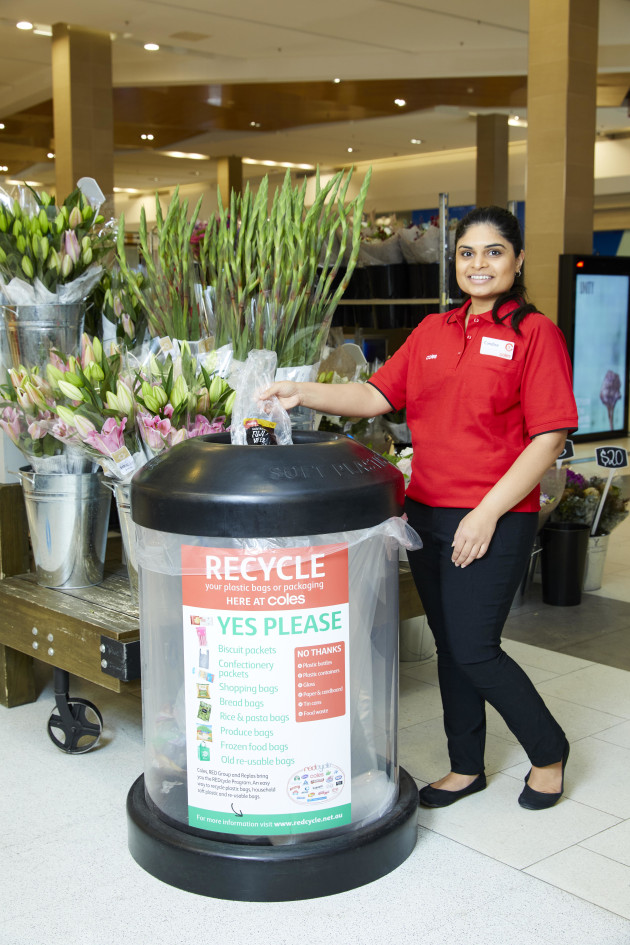Technology developer Licella, recycler iQ Renew, polymer manufacturer LyondellBasell, supermarket retailer Coles and brand owner Nestle have come together to undertake a joint feasibility study to determine the technical, economic and environmental benefits of a local advanced recycling industry.
Marking the first step into a circular economy for soft plastic packaging, the feasibility study will look at potential sites in Victoria for an advanced recycling facility using Australian hydrothermal liquefaction technology called Catalytic Hydrothermal Reactor (Cat-HTR).
Developed by Licella, the Cat-HTR technology has been recognised by Prime Minister Scott Morrison for its potential to help tackle the growing global issue of plastic waste.
“We are committed to working together with industry to find ways to reduce the impact we have on the environment and we understand the importance of being part of a more sustainable future for plastic packaging,” says Thinus Keeve, Coles group chief sustainability, property and export officer.

“The potential to completely close the loop on soft plastics and convert it into food-grade plastics that could then be used in our Own Brand packaging, would be a game changer.”
Sandra Martinez, Nestle Australia CEO, echoes this sentiment, saying the company wanted to be part of finding new approaches to boosting recycling of plastic packaging.
“While Nestle wants to reduce its use of virgin plastics and increase our use of recycled packaging, this won’t happen without the whole plastics value chain working together,” Martinez adds.
“This feasibility study will provide an important key to developing a better future for soft plastics in Australia.”
Advanced recycling offers new life to old soft plastic by turning it back into oil, which then can be used to produce new soft plastic food packaging, such as flexible packaging, confectionery and biscuit wrappers, bread bags, cereal liners, and packaging for fresh food produce.
“Advanced recycling in Australia can give food brands access to the food-grade recycled packaging they want, while giving Victoria an opportunity to lead the nation in creating a circular economy for plastics,” says Dr Len Humphreys, Licella CEO.
“We believe advanced chemical recycling has an important place in the future circular economy for plastic, creating greater value and less emissions than waste to energy.”
With the National Packaging Targets requiring industry to use an average of 50 per cent recycled content in packaging by 2025, the demand for recycled content, especially food-grade plastic, is expected to grow significantly.
Without local supply, brands will be forced to source packaging from overseas.
“Advanced recycling would significantly increase the amount of plastic that can be recycled in Australia,” explains Danial Gallagher, iQ Renew CEO.
“Advanced recycling complements existing mechanical recycling, as it can process plastics that are difficult to recover mechanically, such as soft plastics, multi-layer packaging and plastic that has been degraded by repeated mechanical recycling."
Mitchell Killeen, managing director of LyondellBasell Australia, said that as part of one of the largest plastics, chemicals and refining companies in the world, the company aspires to be an industry leader in the production and marketing of recycled and renewable-based polymers.
“Our ambition is to produce and market two million metric tonnes of recycled and renewable-based polymers annually by 2030. This is a major commitment which will enable our customers and value chain partners to transform their businesses,” Killeen concludes.






